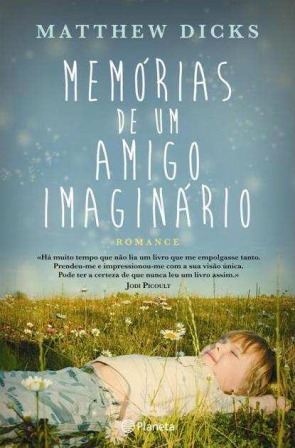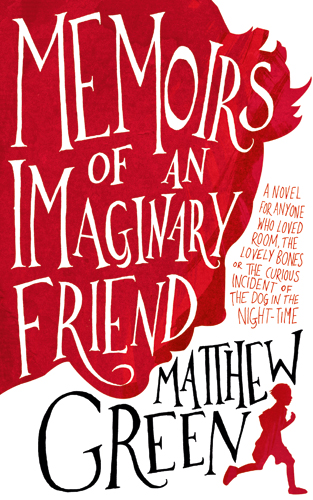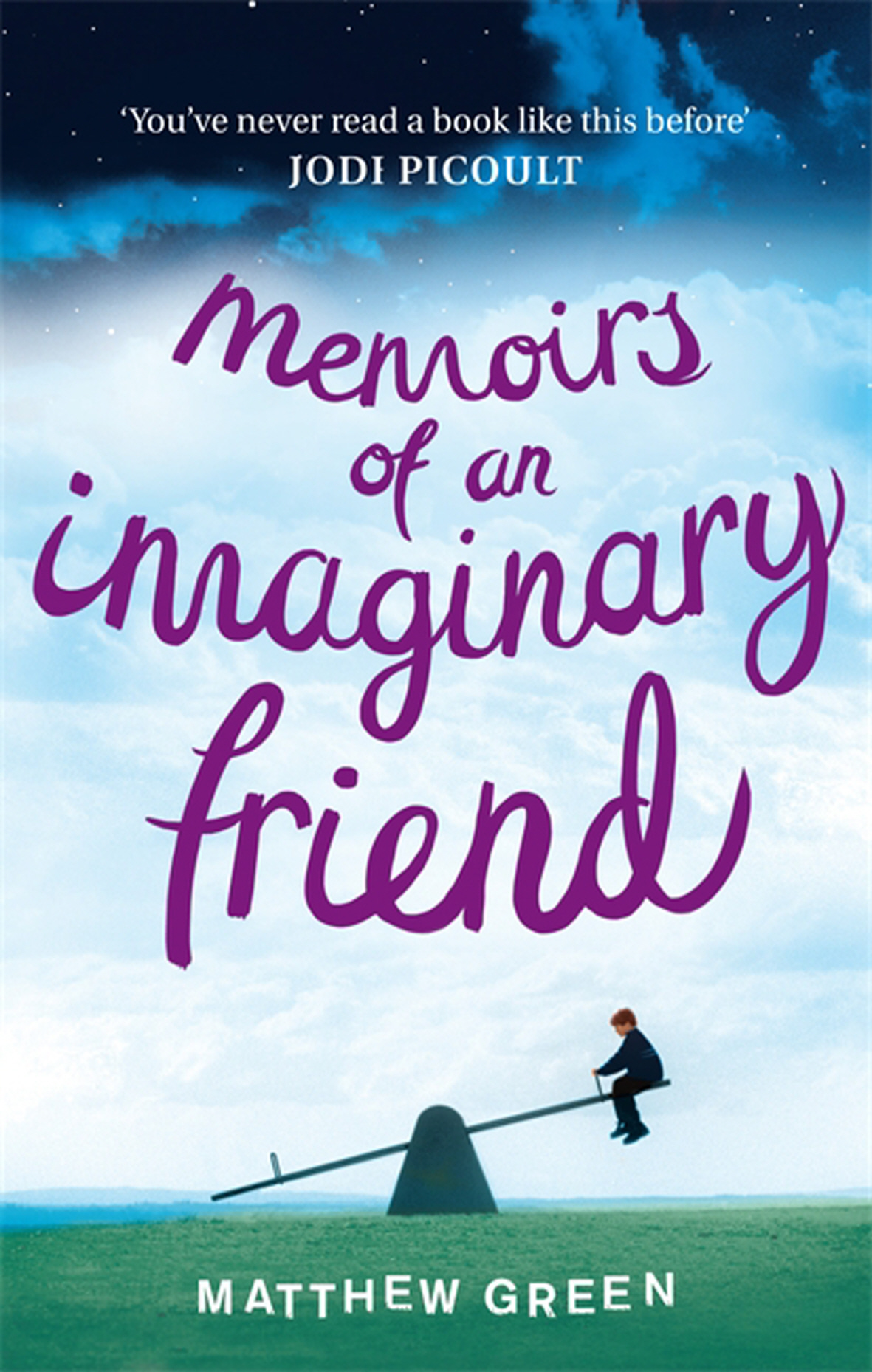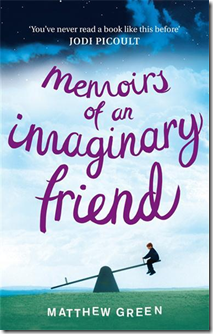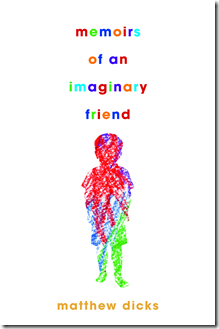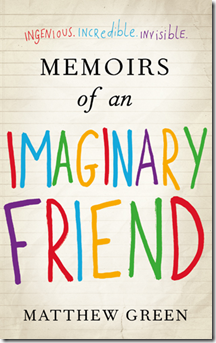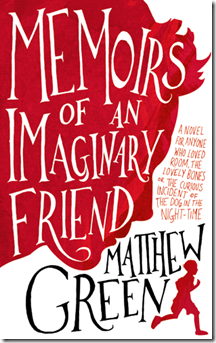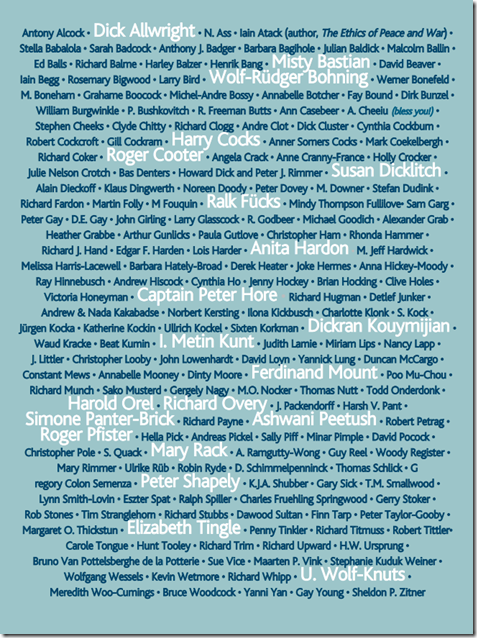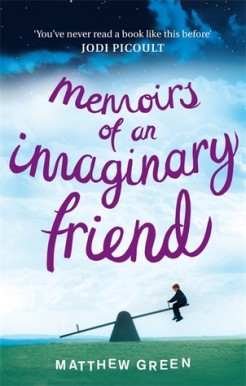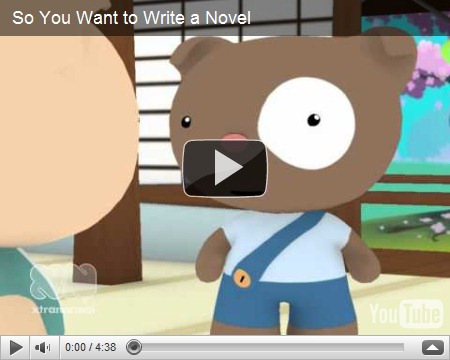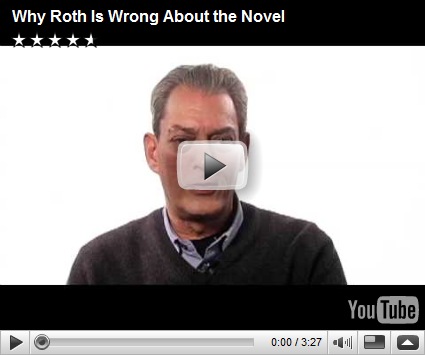I spent this past week visiting the Lucy Robbins Welles Library in my hometown of Newington and the Portland Library in Portland, CT. Both events were very well attended, and I had the chance to meet many readers who enjoyed SOMETHING MISSING and are anxious to get their hands on UNEXPECTEDLY, MILO.
One of the most interesting comments made at both appearances came when I described the means by which I found my agent. After being asked to describe the process, I explained that after finishing the book, I spent the summer identifying 200 potential literary agencies using the THE WRITER’S MARKET before winnowing the list down to the top 100. From there, I began researching each literary agency, trying to identify the specific agent to whom my book would most appeal.
Using the Internet, I scoured the names of agents and then cross-referenced them on other websites for any information I could find that might tell me what their interests and preferences were. For example, I identified Taryn, my agent, from more than half a dozen agents at her previous agency (she’s since gone on to start her own agency) using a number of factors.
First, she was young. I knew I wanted to find someone who was new to the business and hungry. At almost every agency, I addressed my query letter to one of the youngest agents on staff.
Second, I looked at the books that she had already worked on with other authors. In Taryn’s case, there were two: A book on compulsive hoarding and a book written by a woman who managed a solo crossing of the Atlantic Ocean in a rowboat.
Both books appealed to me.
I knew that my protagonist, Martin, was obsessive-compulsive and excessively methodical, and I thought that he might appeal to someone with an interest in and knowledge of compulsive hoarding. The two seemed to fit together well, occupying the same space in a person’s mind.
I also liked the sound of a book about a woman rowing solo across an ocean. Since so much of SOMETHING MISSING takes place in my protagonist's head, my manuscript was very light on dialogue, and I assumed that a book about a woman alone in the rowboat might also be dialogue-light.
Lastly, I liked the look of Taryn. I found a photo of her online and thought that she looked like the kind of woman with whom I tend to be friends. I know this is the least logical of my reasons for choosing her, but I believe that gut reactions are important. I took one look at Taryn and thought that I might have a chance with her.
I followed this process for every one of the 100 queries I sent out that summer. In many ways, it became a fulltime job for me. It was two months of researching, tracking, analyzing, writing and assembling exactly what was requested by each agency. A query letter and the first fifty pages to one agent, a query letter and the first three chapters to another, and a brief synopsis of the story to a third. Each agency has its own specific requirements, and I catered each query letter to the agent I was addressing.
I described this process to the people who attended last week’s library events and received a similar reaction from both audiences:
People thought that my persistence, determination and attention to detail were remarkable.
I do not.
As I explained to one woman, I had just spent three years of my life committing 120,000 words to the blank page. I had a story that I liked a lot, and I had always dreamed of becoming a published author. Sending those letters in the manner that I did, maximizing my efforts in every way I knew possible, was simply a reasonable and practical approach to the challenge of finding an agent to represent my work.
To have done any less, I explained, would have been stupid.
Sadly, I have met many people who fail to work hard once their manuscript is complete. A few months ago, I met a rather angry man who had sent out twelve query letters and had them all rejected. I explained to him that I sent out 100 queries and was preparing to send 100 more when Taryn’s call finally came. I told him that of the 100 queries, I received about 80 rejections, 10 non-responses, and 10 agents expressing some form of interest, albeit quite mild in most circumstances. Ultimately it came down to about three agents who expressed some serious interest in the book, and Taryn’s call came on the last day of my summer vacation, which had been the target date that I had set for finding an agent.
I offered to help this angry man by offering some advice and proofreading his query letter, but he was hell-bent on having me walk his manuscript through the doors of Doubleday and plopping it on my editor’s desk.
If only it were that easy.
Ultimately I told the man that I would be happy to offer more advice once he sent out 88 more queries, thus matching my own total. Not surprising, I have yet to hear from him.
When someone asks me for advice on finding a literary agent, I tell them this story, and more often than not, they tell me how they simply don’t have the time to undergo such a process.
Somehow, these people manage to find enough time to write a novel, an accomplishment in itself, but are unwilling to find the time to go the last mile.
My goal at book appearances like the ones I did last week is to present myself in as ordinary a fashion as possible. I want aspiring writers to know that there is nothing special about the way in which I found my agent and ultimately got my books published. It was good old fashioned hard work.
Nothing more.
Invariably, however, some member of the audience will raise a hand and attempt to refute my remarks as needlessly self-deprecating or silly, but I always do my best to swat those hands away. If you’ve written a book and you think it’s good, do everything you can to get it published. Send out 100 query letters, and be prepared to send out another 100 if needed. Eventually, you might want to look into self-publishing, a means by which many authors are getting their work into the hands of readers today.
But please don’t spend months or years writing a book and then give up after twelve rejections.
Pressing on after hundreds of rejections demonstrates persistence.
To do any less demonstrates nothing more than a lack of desire.


